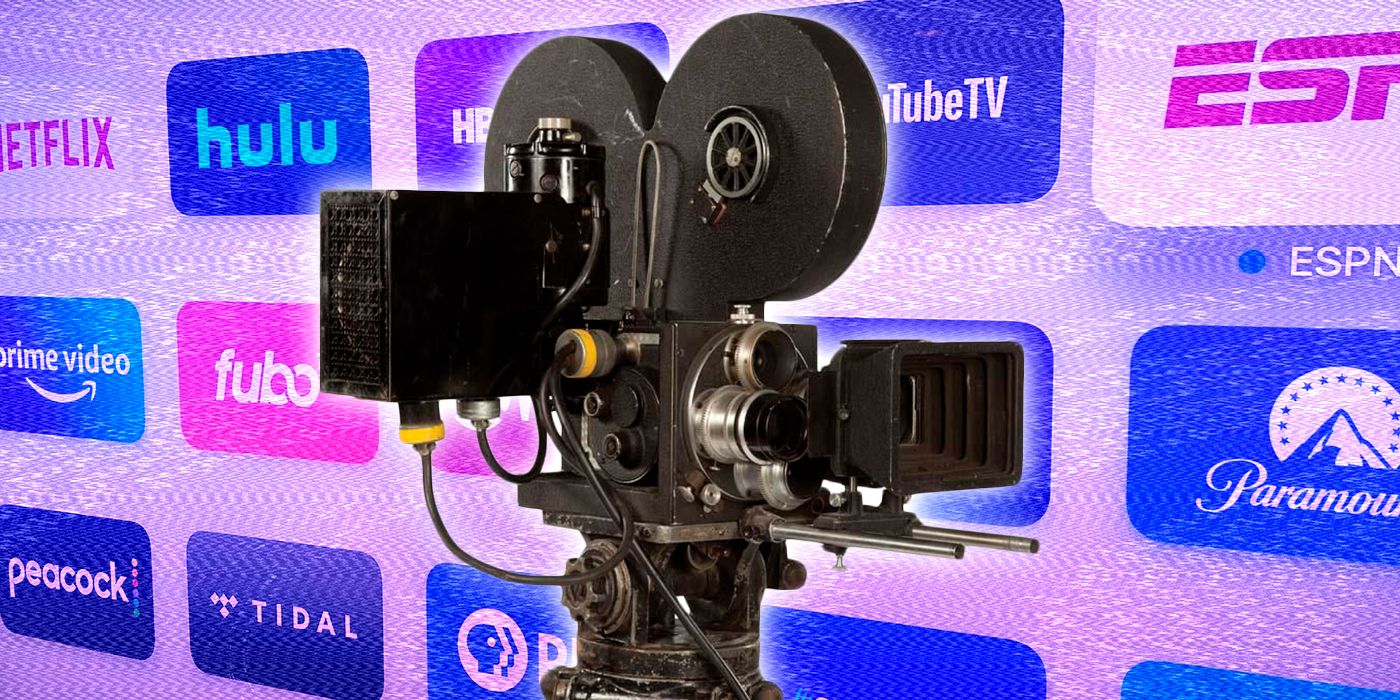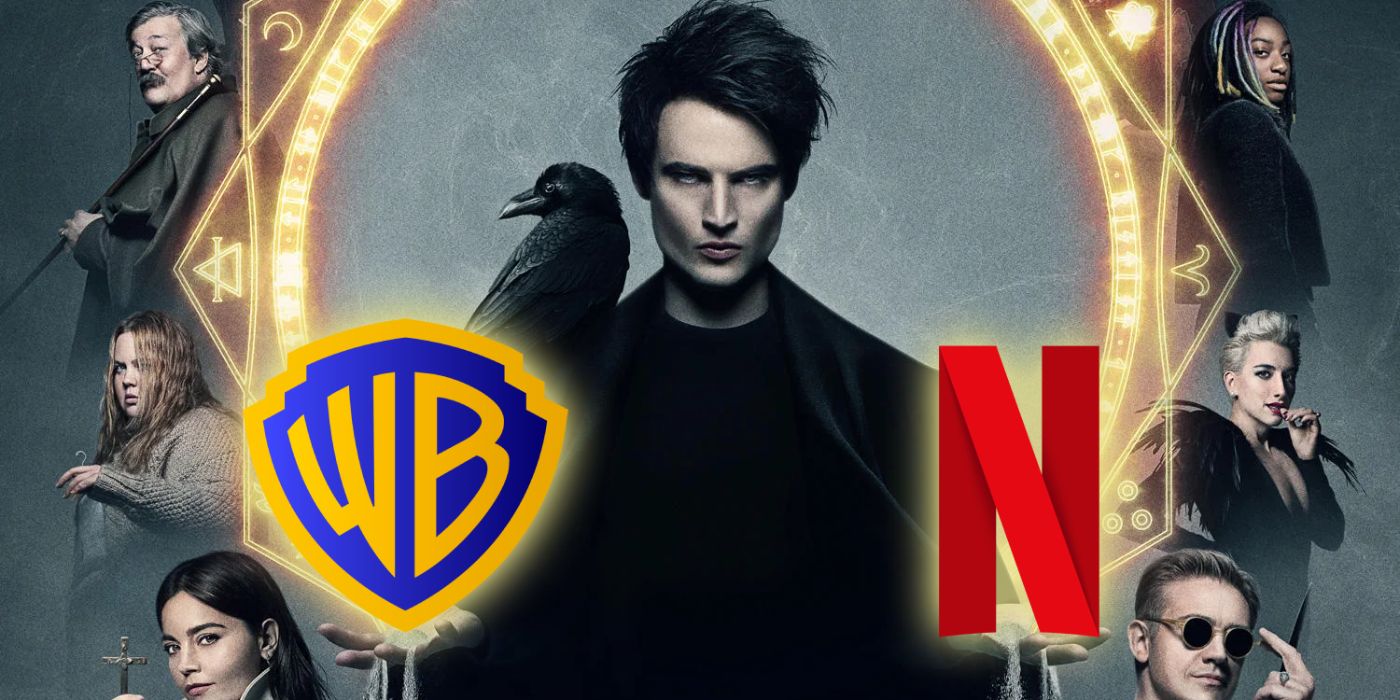As major studios and streaming services tighten their financial belts, more bad news looms ahead for Hollywood's bean counters. Despite it being a time when there is "more TV" than ever before, the Writers Guild of America may strike in 2023, causing delays reminiscent of the pandemic lockdown.
At the center of things, as always in entertainment these days, is streaming. Still, the average binge-watcher might be inclined to think that the WGA sees cash on the table given the investment in this disruptive technology. There are more new episodes of TV each year than probably ever before. That's, unfortunately, part of the problem. While the way the audience consumes television has changed, the way the storytellers make it hasn't. The most recent WGA strike lasted from November 2007 until February 2008. It was one of the shorter strikes in Guild history, losing untold hundreds of millions of dollars in revenue from new films and series. The pace of television has only increased since then (another of the problems), so a strike of any length would disrupt dozens of series and films and cause delays for Marvel and Star Wars projects in shared universes. This is something neither the studios nor the streamers can afford.
Where Does All the Streaming Money Go? Not to the Writers
Ironically, the pandemic lockdown proved helpful to studios in the last negotiations with the Writers Guild of America. The negotiations about the breakdown of streaming income ended up delayed, perhaps because everyone knew that was the industry's lifeline during the lockdown. Yet, Warner Bros. Discovery's cost-savings content purge and Disney's new focus on streaming "profitability," suggest it failed to meet that bar. However, the shortened series order means jobs don't last as long as they used to. They also don't pay residuals as broadcast shows do, something earned after the 1988 WGA strike.
TV writer Marc Bernardin explained it on his podcast with fellow WGA member Kevin Smith: "Used to be in the grand old days of television, if you were a writer on fucking Magnum P.I. … you worked for 40 weeks out of the year, maybe 45. You had a couple of weeks off, maybe a month on a hiatus, and you're back to work. Now…a full job is 12 weeks." This means a working writer would have to join two other series to even get close to 40 weeks. Yet, joining a new show is more difficult than writing multiple episodes of the same one.
If recent trends towards cost-cutting suggest anything about the forthcoming negotiations, it's that they won't be easy. As in 2020, studios and streamers will say that the money isn't there to share. Yet even the worst-ranked major streaming service likely brings in tens of millions of dollars per month. Netflix posts quarterly profits in the $5- to $7 billion range. Where is that money going?
Studios and Streamers Cannot Afford a Writers Strike, and They Know It
The biggest issue left on the bargaining table before the early 2000s strike was that streamers were required to hire union writers for series or films above a specific budget. This is a foundational part of the agreement with legacy studios, and streaming was barely even serviceable back then. The Writers Guild of America did negotiate a payment for writers from the distribution deal licensing shows to streaming, but not residuals like with broadcast and cable. If a strike happens, this will be the issue at the center of it. Perhaps, because studios know that streaming demands new content, the anticipation of this fight is behind their cost-cutting moves.
The entertainment industry emerged from the pandemic lockdown to a different landscape. Save for a handful of truly event films, the box office is nowhere close to the $10 billion-plus heights it once enjoyed. (Though, the loss of the box office in China is often overlooked as a contributing factor.) Yet, major studios have their proven franchises to fall back on in the streaming space. This makes shows like The Sandman Season 2 and Henry Cavill's last run as Geralt on The Witcher deeply important to Netflix. Where the box office failed Disney and Warner Bros., their streaming shows have delivered both viewers and positive press. Perhaps part of the cost-cutting is figuring out how to make space in the budget for what the people who create their stories are due.
The industry struggled to survive the lockdown. However, thanks to streaming, it emerged from it in a much better position than it would have otherwise. Studios and streamers can't afford another shutdown, but the writers, literally, can't afford to live without costly changes.


